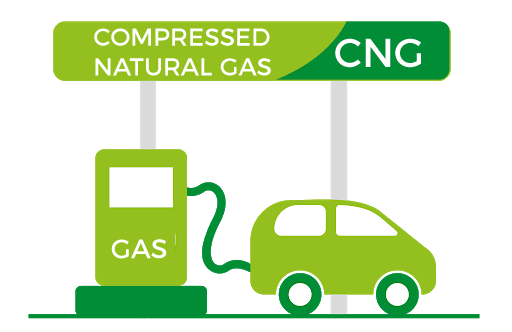The Midstream and Downstream Gas Infrastructure Fund (MDGIF), in partnership with Femadec Energy, is set to establish Compressed Natural Gas (CNG) conversion centres and refuelling stations in 20 federal tertiary institutions across Nigeria.
A statement released on Monday highlighted that the Minister of Education, Dr. Olatunji Alausa, recently convened a meeting with vice-chancellors, representatives from Femadec Energy, MDGIF, and the Presidential Compressed Natural Gas Initiative. The meeting focused on finalizing project details and ensuring its timely execution.
Dr. Alausa underscored the significance of the initiative, stating, “This project is a transformative step towards integrating clean energy solutions into our educational institutions. Beyond fostering sustainability, it aims to significantly reduce transportation costs for students and lecturers.”
A representative of Femadec Energy reiterated the company’s commitment to sustainability, emphasizing the benefits of the initiative. “Our collaboration with MDGIF and federal institutions reflects our dedication to promoting cleaner energy alternatives. By introducing CNG infrastructure, we aim to provide cost-effective and environmentally friendly transportation options, fostering innovation and sustainability within the academic community,” the representative stated.
Advancing Cleaner and Affordable Transportation
The project is designed to alleviate the high transportation costs affecting students and lecturers, offering a more affordable and sustainable alternative. It aligns with President Bola Tinubu’s Renewed Hope Agenda, which seeks to harness Nigeria’s abundant natural gas resources for cleaner and cheaper transportation.
The initiative is also expected to contribute to the government’s broader efforts to reduce the nation’s carbon footprint by encouraging the adoption of CNG-powered vehicles. Given the rising fuel costs and environmental concerns, CNG is being positioned as a viable alternative to petrol and diesel.
To kick-start implementation, six federal institutions are set to have fully operational CNG facilities by May 29, 2025. This first phase will serve as a model for wider adoption nationwide, ensuring that more campuses benefit from the cost-effective and eco-friendly transport infrastructure.
Broader Economic and Environmental Impact
By transitioning to CNG-powered transportation within educational institutions, the initiative is expected to generate significant economic and environmental benefits, including:
Cost Savings: Students, lecturers, and staff will experience reduced commuting costs, easing the financial burden of transportation.
Sustainability: The use of CNG, a cleaner fuel alternative, will help lower greenhouse gas emissions and contribute to Nigeria’s climate change commitments.
Job Creation: The establishment of CNG conversion centres and refuelling stations will create employment opportunities within and beyond the academic environment.
Innovation and Research: Universities will have the opportunity to incorporate CNG-related technologies into their research and engineering programs, fostering innovation in renewable energy solutions.
As the country continues to explore sustainable energy alternatives, this initiative marks a critical milestone in Nigeria’s journey toward energy transition and economic resilience.







